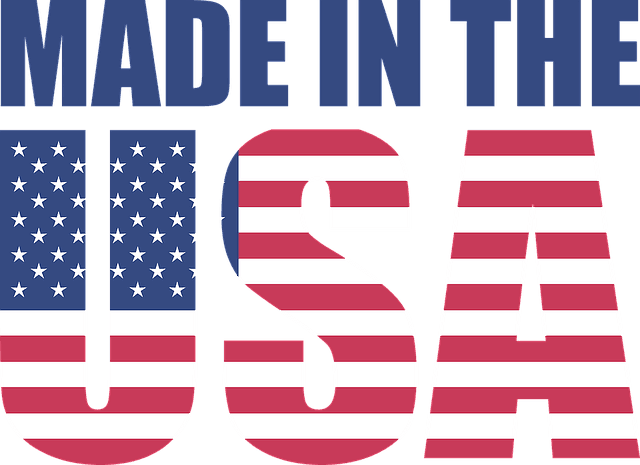
By Dan Murphy with Frank Spotorno
`Here is another story that Frank and I write year after year. The Made in America Movement, (themadeinamericamovement.com) write that a recent poll found that 60% of Americans were willing to pay 10% more for made in the USA products. Why?
`Because the phrase “Made in America” means a lot more than just where products are manufactured. When presented with this concept, 66% of American consumers associate them with high-quality goods, fair prices, and safe working conditions. Up to 80% of consumers prefer products with the “Made in America” tag and 60% of American are willing to pay more (10% more) for products who carry that label. Though the United States imports almost six times what it exports, understanding the essential impacts of advanced domestic manufacturing and its effects on national and global economies cannot be ignored.
Driving more innovation than any other sector and responsible for performing more then three-fourths if all private research and development, US manufacturing taking alone would be the world’s 9th largest economy. Domestic manufacturing creates 12.5 million jobs, making up over 8% of the US workforce with an average hourly livable wage of $26/h. This offers workers without college degrees or equivalent higher education good-paying, reliable jobs, boosting local economies and supporting communities all over the country. Bolstering the economy like no other sector, in 2016 manufacturing alone contributed $2.25 trillion into the economy, amounting for every $1 spent, returning $1.89 right back into the US economy.
Setting itself apart from other manufacturing countries, the US takes a mindful approach to production. Subject to strict environmental regulations that simply do not exist in foreign manufacturing, Clean Air and Water Acts, Toxic Substances Control Act, and EPA inspections are all required guidelines the US manufacturing industry abides by. Emissions from overseas shipping, accounting for 1,000 million metric tonnes of CO2 released into the environment every year, is greatly diminished through domestic manufacturing.
Focused on quality before products are even introduced to consumers, domestic manufacturing still takes up to one-third third the time of importing foreign-made goods. Under the Consumer Product Safety Commission, the 2016 product recalls for American-made products came out to a total of just 73, whereas Chinese-made products saw 179 recalls. When compared to products of foreign-manufactured origin, American-made often stands out in quality in price strengthening the presence of the US in world trade and giving a competitive edge.
What does “Made in America” mean to you? Are you willing to pay more for products with the Made in USA label? Let us know in the comments below.





